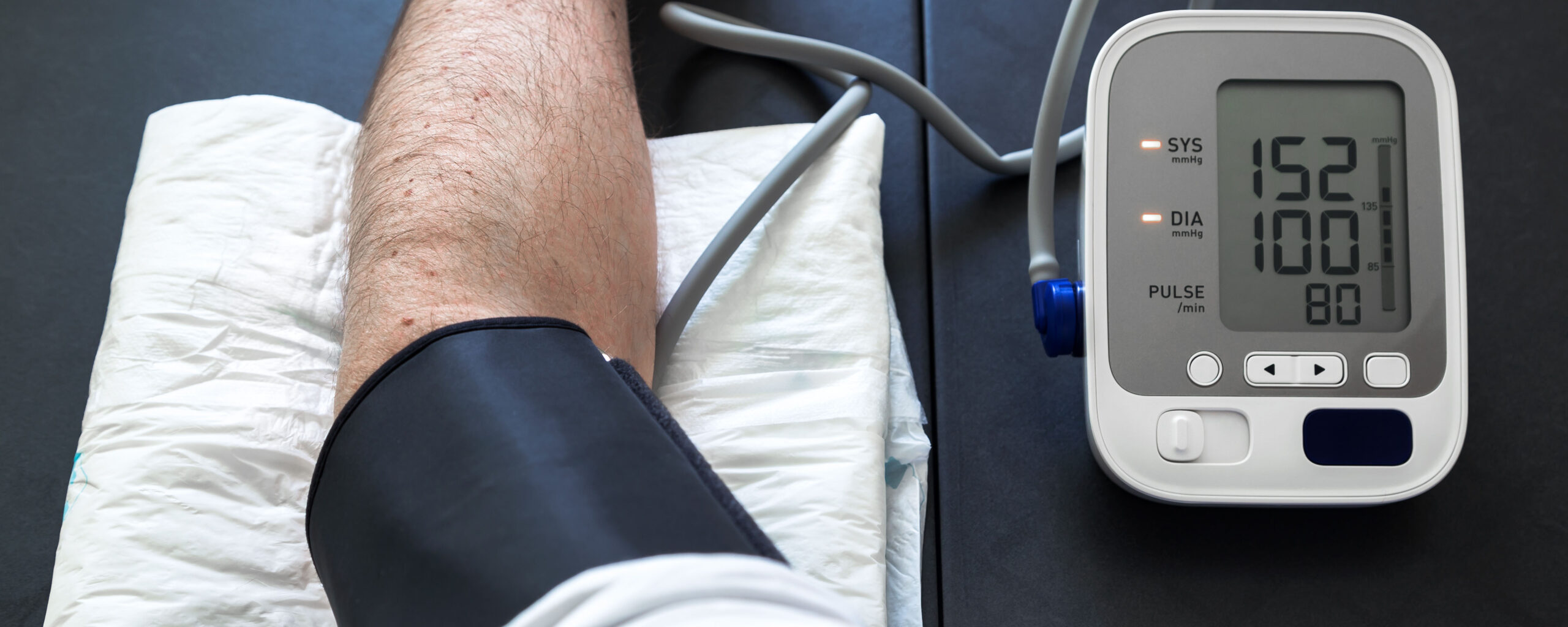In a newly released study conducted by APPC and published in Prevention Science online, researchers analyze data from the National Annenberg Survey of Youth showing that adolescents ages 14 to 22 do exert control over their risk-seeking tendencies. Although such tendencies tend to peak during adolescence, youth who can delay gratification are also able to inhibit their risk-taking behavior, even if they have strong risk-seeking tendencies. Furthermore, youth who have strong risk-seeking tendencies appear to learn to delay gratification as they age. The findings contradict the frequently cited argument that adolescent brains are too immature to control impulsive and risky behavior. Instead the findings suggest that adolescents can learn to control their risk-taking tendencies even if they enjoy risky activities, such as using alcohol. The challenge for adolescents who are naturally drawn to experimenting with novel and exciting experiences is to learn how to control these impulses so that they do not lead to accidents and other adverse consequences.

